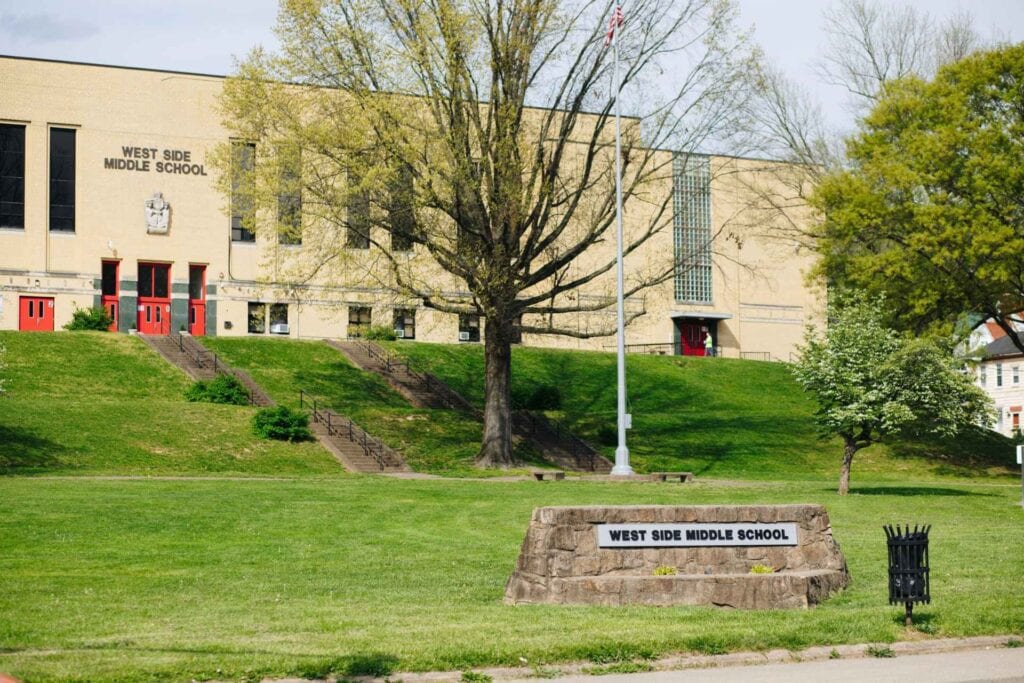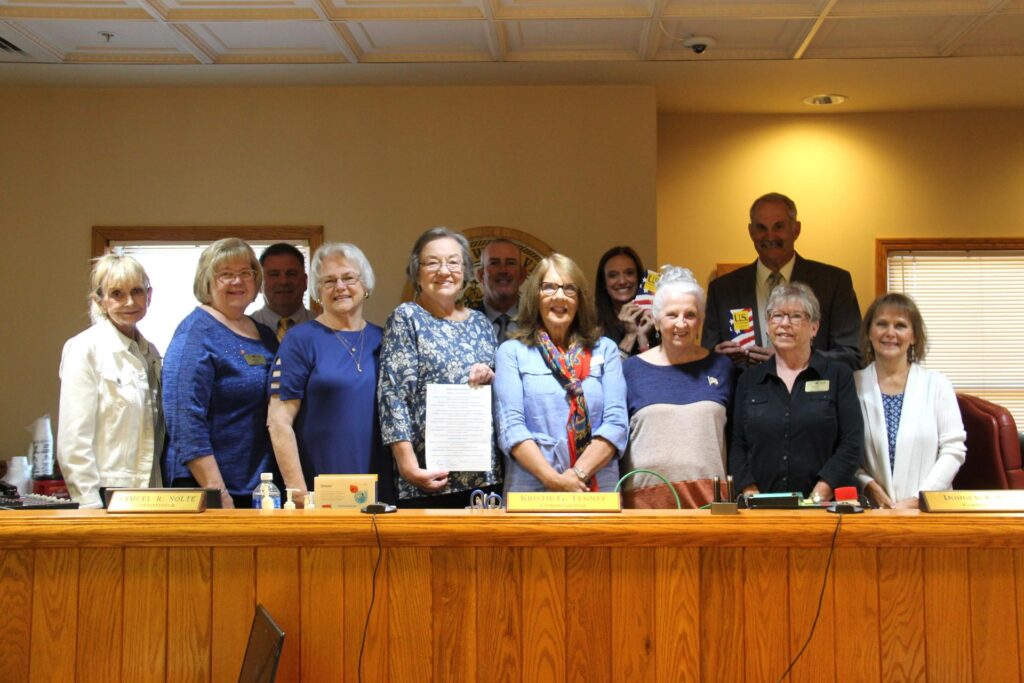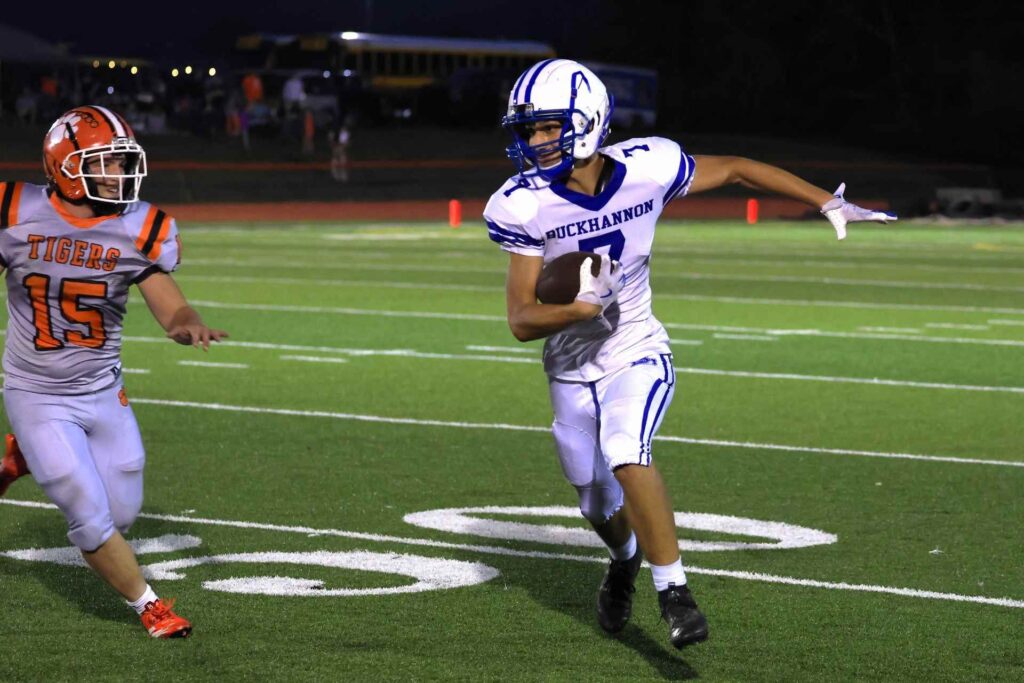Editor’s note: This story was originally published by Mountain State Spotlight. Get stories like this delivered to your email inbox once a week; sign up for the free newsletter at https://mountainstatespotlight.org/newsletter
By Duncan Slade, Mountain State Spotlight
Stark disparities continue to exist in how Black students and low-income students are disciplined in West Virginia schools, according to data released Wednesday by the state Department of Education.
As Mountain State Spotlight reported last year, Black students in West Virginia have been suspended twice as often as their white peers for the last two decades. And a lackluster report was given to lawmakers last summer that showed disparities still exist but did not include a plan to address them.
But this week’s report came with a six-slide plan to start tackling the issue and a different tone from state education officials.
“This has got to be a complete overhaul,” said Board of Education President Paul Hardesty during the meeting. “We’ve got to do something different.”
State education officials said almost 178,000 instructional days were lost over the last school year due to school suspensions.
In that time period, Black students continued to be suspended twice as often as their white peers. Low-income students, foster care students, homeless students and students with disabilities were also suspended at disproportionately higher rates.
The data also showed students who were suspended performed worse in reading and math proficiency than students who were not. Last year, West Virginia schools had their lowest-ever performance on standardized reading and math tests.
“We have a problem of epic proportions,” Hardesty said. “It’s no wonder we’re in a position we are on proficiency.”
On Wednesday, state education officials presented the Board of Education with a plan to increase training, create a public dashboard with school discipline data and recommended the board revise its discipline policy.
They recommended ending zero tolerance policies, encouraging alternatives to classroom exclusion and revisiting discipline levels.
This could mean a departure from a 2019 change that made it easier for students to be suspended, allowing schools to punish students with out-of-school suspensions for minor offenses like cheating, “disruptive conduct,” “inappropriate language,” “inappropriate appearance” and “disrespectful behavior,” without being held accountable by the state system that grades a school’s performance.
Since then, the state Superintendent of Schools and the Board of Education President have both changed. Hardesty was appointed to the board in 2021 and named president last year. Superintendent David Roach was appointed in August of last year after several years at the head of the School Building Authority.
While the data released this week came with strong words from the state Board of Education and an outline for addressing the issue, it is far from the first time that the state has looked into this.
In 2013, researchers with the state Department of Education conducted the first statewide study of the impact of school discipline and found some of the same disparities shown in this week’s data.
Black students were being suspended more, students with disabilities were being suspended more, and students who were suspended were more likely to do poorly in school or drop out.
In 2020, state lawmakers required the department to collect and report data related to school suspensions. They also required officials to develop a plan to deal with issues raised in the data.
The first report was delivered to lawmakers last summer with data missing in one place and inaccurate data in another. And it did not include a plan to address the issue.
During this year’s legislative session, lawmakers passed a bill to give teachers in grades six through 12 the authority to remove a student from the classroom who is being disruptive.
Republican supporters of the bill said it would give teachers an extra tool to maintain a safe learning environment while Democrats said it would lead to more school suspension and exacerbate the issue.
Stark disparities continue to exist in how Black students and low-income students are disciplined in West Virginia schools, according to data released Wednesday by the state Department of Education.
As Mountain State Spotlight reported last year, Black students in West Virginia have been suspended twice as often as their white peers for the last two decades. And a lackluster report was given to lawmakers last summer that showed disparities still exist but did not include a plan to address them.
But this week’s report came with a six-slide plan to start tackling the issue and a different tone from state education officials.
“This has got to be a complete overhaul,” said Board of Education President Paul Hardesty during the meeting. “We’ve got to do something different.”
State education officials said almost 178,000 instructional days were lost over the last school year due to school suspensions.
In that time period, Black students continued to be suspended twice as often as their white peers. Low-income students, foster care students, homeless students and students with disabilities were also suspended at disproportionately higher rates.
The data also showed students who were suspended performed worse in reading and math proficiency than students who were not. Last year, West Virginia schools had their lowest-ever performance on standardized reading and math tests.
“We have a problem of epic proportions,” Hardesty said. “It’s no wonder we’re in a position we are on proficiency.”
On Wednesday, state education officials presented the Board of Education with a plan to increase training, create a public dashboard with school discipline data and recommended the board revise its discipline policy.
They recommended ending zero tolerance policies, encouraging alternatives to classroom exclusion and revisiting discipline levels.
This could mean a departure from a 2019 change that made it easier for students to be suspended, allowing schools to punish students with out-of-school suspensions for minor offenses like cheating, “disruptive conduct,” “inappropriate language,” “inappropriate appearance” and “disrespectful behavior,” without being held accountable by the state system that grades a school’s performance.
Since then, the state Superintendent of Schools and the Board of Education President have both changed. Hardesty was appointed to the board in 2021 and named president last year. Superintendent David Roach was appointed in August of last year after several years at the head of the School Building Authority.
While the data released this week came with strong words from the state Board of Education and an outline for addressing the issue, it is far from the first time that the state has looked into this.
In 2013, researchers with the state Department of Education conducted the first statewide study of the impact of school discipline and found some of the same disparities shown in this week’s data.
Black students were being suspended more, students with disabilities were being suspended more, and students who were suspended were more likely to do poorly in school or drop out.
In 2020, state lawmakers required the department to collect and report data related to school suspensions. They also required officials to develop a plan to deal with issues raised in the data.
The first report was delivered to lawmakers last summer with data missing in one place and inaccurate data in another. And it did not include a plan to address the issue.
During this year’s legislative session, lawmakers passed a bill to give teachers in grades six through 12 the authority to remove a student from the classroom who is being disruptive.
Republican supporters of the bill said it would give teachers an extra tool to maintain a safe learning environment while Democrats said it would lead to more school suspension and exacerbate the issue.
Reach Duncan Slade at duncanslade@mountainstatespotlight.org














